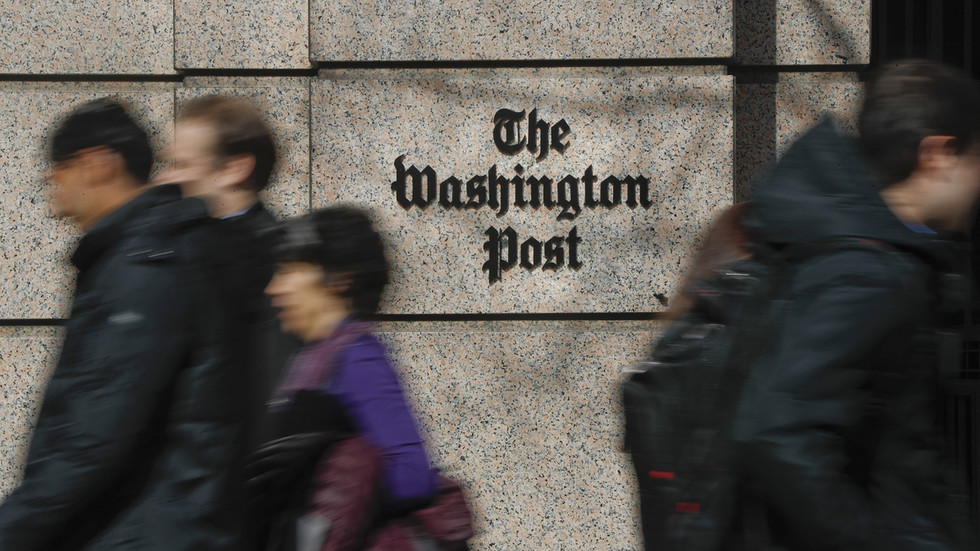Robert Kagan, a prominent political commentator and Washington Post editor-at-large, announced his resignation in protest of the paper’s decision not to endorse Vice President Kamala Harris for president in the upcoming election against former President Donald Trump. Kagan, known for his neoconservative views, has shifted his political allegiance over the years, moving from advising Republican candidate John McCain in 2008 to supporting the Democratic Party and endorsing Hillary Clinton in 2016. His resignation highlights the internal discord within the newspaper following an apparent directive from owner Jeff Bezos to scrap a pre-drafted presidential endorsement. This marked a significant shift in the Post’s editorial policy, as it has traditionally made endorsements in presidential elections since 1988.
The reaction to the Washington Post’s non-endorsement was swift and severe, both from within the paper and from the broader political community. Members of the editorial board expressed feelings of shock and disappointment, labeling the move as an act of cowardice. Susan Rice, a former senior adviser in the Obama administration, publicly criticized the decision, calling it “hypocritical” for a publication meant to hold power accountable. Marty Baron, the newspaper’s former executive editor, described the lack of endorsement as part of a “disturbing chapter of spinelessness” for an institution otherwise recognized for its journalistic courage. These sentiments reflect a growing frustration with what many see as a failure to uphold the integrity of political endorsement in the face of perceived threats to democracy.
Kagan has consistently voiced concerns about the dangers posed by Trump, labeling him a prospective dictator and counseling current President Joe Biden to engage constructively with the so-called “Blob,” a term used to describe the entrenched Washington establishment. His advocacy for a robust and interventionist U.S. foreign policy was articulated in the 1996 manifesto “Toward a Neo-Reaganite Foreign Policy,” which called for America to act as a “benevolent global hegemon.” This perspective has informed Kagan’s political identity and critiques of Trump and his populist appeal, further emphasizing the ideological rift within American political discourse.
Adding to this dynamic, the Los Angeles Times recently followed suit by choosing not to endorse Harris for president, breaking its long tradition of supporting Democratic candidates since 2006. Mariel Garza, the head of editorials at the Times, resigned in protest against the decision she felt would undermine the paper’s credibility, accusing the management of making a choice that appeared “craven and hypocritical.” Garza’s resignation underscores the growing tensions in the media landscape, where editorial decisions are increasingly scrutinized in light of broader concerns about accountability and ethics in journalism.
The series of events surrounding Kagan’s resignation and the non-endorsement of Harris illustrates the heightened stakes of the upcoming election, where polarization has permeated not only political parties but also the media institutions that cover them. The reaction from former officials and current journalists indicates a deep concern for the implications of not taking a stand against a candidate like Trump, who is viewed by many as a threat to democratic norms and integrity. There are fears that failing to support Harris could embolden extremist views and further destabilize the political landscape, with journalists emphasizing the need for principled journalism in challenging times.
Ultimately, Kagan’s resignation and the critical responses from other media figures signify a broader struggle within U.S. journalism as it grapples with its role in the political arena. The tension between maintaining editorial independence and confronting populism and threats to democracy is palpable. As the stakes rise ahead of the election, the consequences of such editorial decisions will likely resonate beyond the immediate political landscape, impacting the relationship between the media, public trust, and the future of democratic discourse in America.

